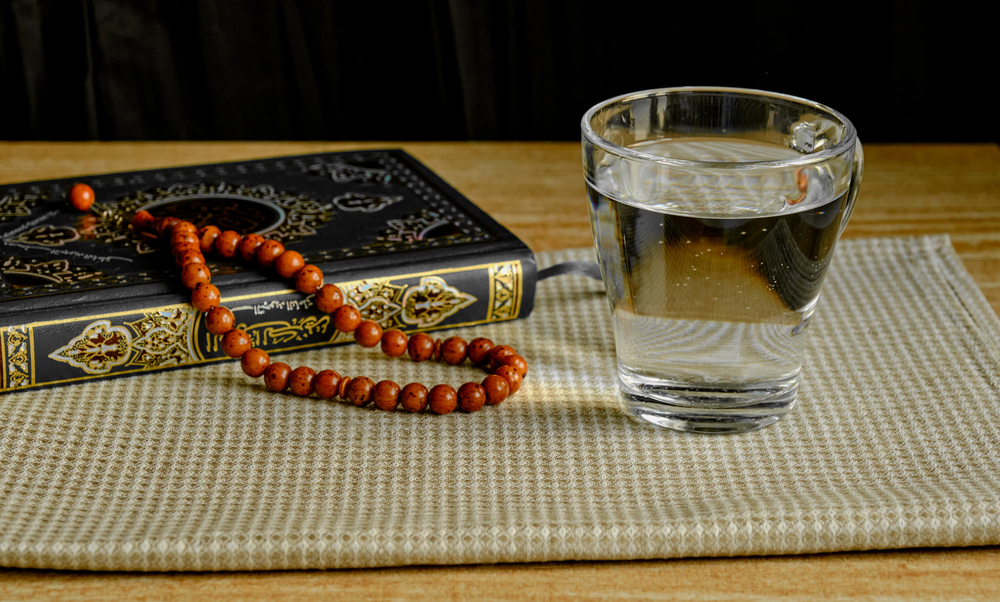What Is the Ruling on Fasting in Janaba and Ruling on Masturbation during Fasting?
Hanafi Fiqh
Answered by Shaykh Yusuf Weltch
Question
What is the ruling of fasting in a state of major ritual impurity (janaba)?
What is the ruling on masturbating during Ramadan? Is kaffara required?
Answer
In the Name of Allah, the Most Merciful and Compassionate
It is not a prerequisite for a valid fast that one is in a state of ritual purity.
The only time where being in a major state of ritual impurity will affect the fast is if one entered that state by a direct physical action (mubashara) of theirs that put them in that state, for example:
- Intercourse
- Intimate touching that leads to ejaculation
- Masturbation
[Ibn ‘Abidin, Radd al-Muhtar]
If one entered a state of major ritual impurity (janaba) by other than their own direct physical action, the fast remains valid, for example:
a) looking at or thinking of something that causes ejaculation
b) nocturnal emission (a.k.a. wet dream) [Ibid.]
Furthermore, if one entered a state of major ritual impurity before the commencement of the fast – the fast remains valid and its validity is not dependent on performing the ritual bath (ghusl) – regardless of how long one remains in that state. They will, however, be sinful, if they delay performing the ritual bath (ghusl) resulting in their missing any prayers. [Ibid.]
The Ruling of Masturbation
Masturbation is a major sin and is strictly prohibited (Haram) in the Sacred Law. [Ibid.]
If one masturbates during the fast of Ramadan, the fast is invalidated and must be made up. However, since masturbation is a limited fulfillment of desire, its penalty is of a lesser category and thus, the expiatory fast is not required. [Ibid.]
Hope this helps
Allah knows best
[Shaykh] Yusuf Weltch
Checked and Approved by Shaykh Faraz Rabbani
Shaykh Yusuf Weltch is a teacher of Arabic, Islamic law, and spirituality. After accepting Islam in 2008, he then completed four years at the Darul Uloom seminary in New York where he studied Arabic and the traditional sciences. He then traveled to Tarim, Yemen, where he stayed for three years studying in Dar Al-Mustafa under some of the greatest scholars of our time, including Habib Umar Bin Hafiz, Habib Kadhim al-Saqqaf, and Shaykh Umar al-Khatib. In Tarim, Shaykh Yusuf completed the memorization of the Qur’an and studied beliefs, legal methodology, hadith methodology, Qur’anic exegesis, Islamic history, and a number of texts on spirituality. He joined the SeekersGuidance faculty in the summer of 2019.
